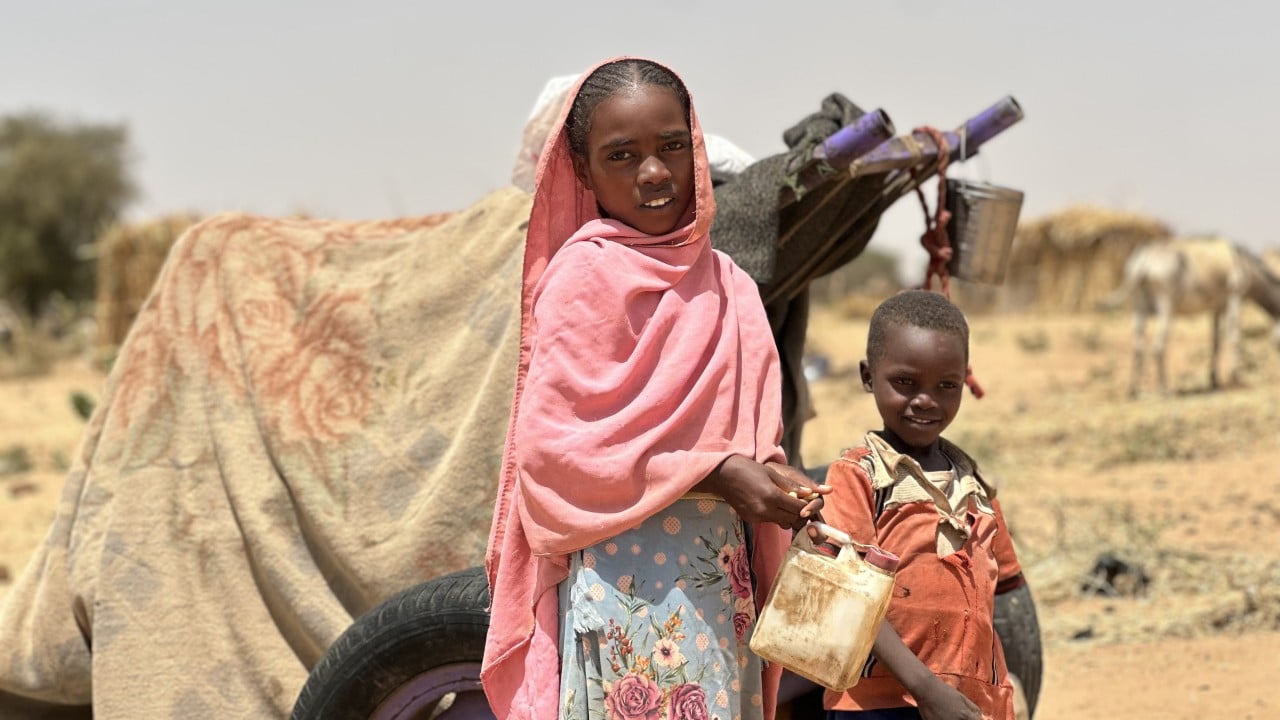Nadjala Mourraou held her haggard two-year-old son in her henna-tattooed hands for the doctors to examine. Then came the painful diagnosis: little Ahma, like many of his fellow Sudanese refugees, was severely malnourished.
Advertisement
The pair were towards the front of a long line snaking out of the doctors’ tent at an already overcrowded refugee camp in east Chad, creaking under the strain as more and more people fleeing the civil war across the nearby border with Sudan turn up.
“We’re suffering from a lack of food,” complained the mother, who fled the fighting in Nyala, in Sudan’s South Darfur region, with Ahma more than a year ago.
Since their arrival at the Touloum camp, all she and Ahma have had to eat each day was a bowl of assida, a porridge made from sorghum, Mourraou added.
Yet as with other conditions at the camp, this meagre ration could deteriorate further as the war between the Sudanese army and the paramilitary Rapid Support Forces (RSF) drags on.
Advertisement
Besides killing tens of thousands, the two-year conflict has uprooted 13 million people, more than three million of whom have fled the country as refugees.

